 I’d heard of frogs, rats, but never this, at least not until they were set before us on the lab tables, ready for our exploration. We dissected fetal pigs in biology junior year of high school as part of the public-school curriculum. There was no option for an alternative assignment. I was no vegetarian, but the experience made me give up my weekly carnitas for a month. That week, I came to class suited up for surgery, or nuclear attack. I didn’t want to smell something I might not easily forget. The creatures looked like little pink dolls wrapped up tightly in their plastic wrapping. On the third day of dissection, my lab partner mistakenly cut into the large intestine, sending its contents soaring. Someone else in the class passed out. When we were finished, the remains were discarded. I couldn’t tell you what general knowledge requirement this fulfilled. To this day I still don’t quite understand the purpose. Were we supposed to learn something we couldn’t by textbook or simulation? What was it that cutting into flesh was supposed to teach us? Whatever the reason, it was lost on me. The animals had been bred for us to cut into and there was no great outrage. No one stood outside the building with signs in protest. No one offered up graphic images in hopes that it might stop us. The pigs were fetuses, almost fully developed, but nobody prayed over them. At the planned parenthood by my house, the church groups rage in droves. Life is sacred from the start. The protesters don’t know that they don’t perform abortions at that location, and perhaps they wouldn’t care. A billboard in my town notes the early development of eyes and toes, both of which the pigs had, too. The reasons why and when people choose to care are inconsistent. The reasons aren’t really reasoning at all.  Danielle Shorr (she/her) is an MFA alum and professor of disability rhetoric and creative writing at Chapman University. A finalist for the Diana Woods Memorial Prize in Creative Nonfiction and nominee for The Pushcart Prize in Creative Nonfiction and Best of the Net 2022, her work has appeared in Lunch Ticket, Driftwood Press, The Florida Review, The New Orleans Review, and others. Follow her on social media @danielleshorr
0 Comments
When I told you I didn’t mean to ruin everything, all you said was it’s fine. I’m really quite mad at you for that, because I already thought that I had really fucked it this time but to know that you thought that, too, was just, like, enough to make me willingly institutionalize myself. For like three whole months I never asked you what this was because I already knew: this was your dentist tongue and how it straightened my teeth one by one and reminded me to floss when we were finished and this was your doctor fingers around my muscles and you made them pop like cereal and this was how you never drop anything you hold but when I dropped my ice cream cone on the floor of your car you let me share yours, instead of getting mad, and usually you’d be mad but that day, you were just like, you idiot, and I was like, that’s me, I’m the idiot, I literally would have gotten the word idiot tattooed on myself. When you sucked the rum raisin out of the tiny triangle left of your cone, you told me that you had a cold and didn’t want to kiss that cold into me, and I was like yeah, it might look weird if we were both sick and I didn’t kiss you even though I wanted to drain the rum raisin out of your tongue like we were reversing a vaccine. I told the nurses at the clinic about how I want to get my teeth into every part of you. They had pitiful eyes and they were like, He sounds lovely, and then they were like, You have chlamydia. Melissa Boberg writes fiction and poetry. She is from the tri-state area and currently works for Boston and Philadelphia Magazines. You can keep up with her at: www.melissaboberg.com
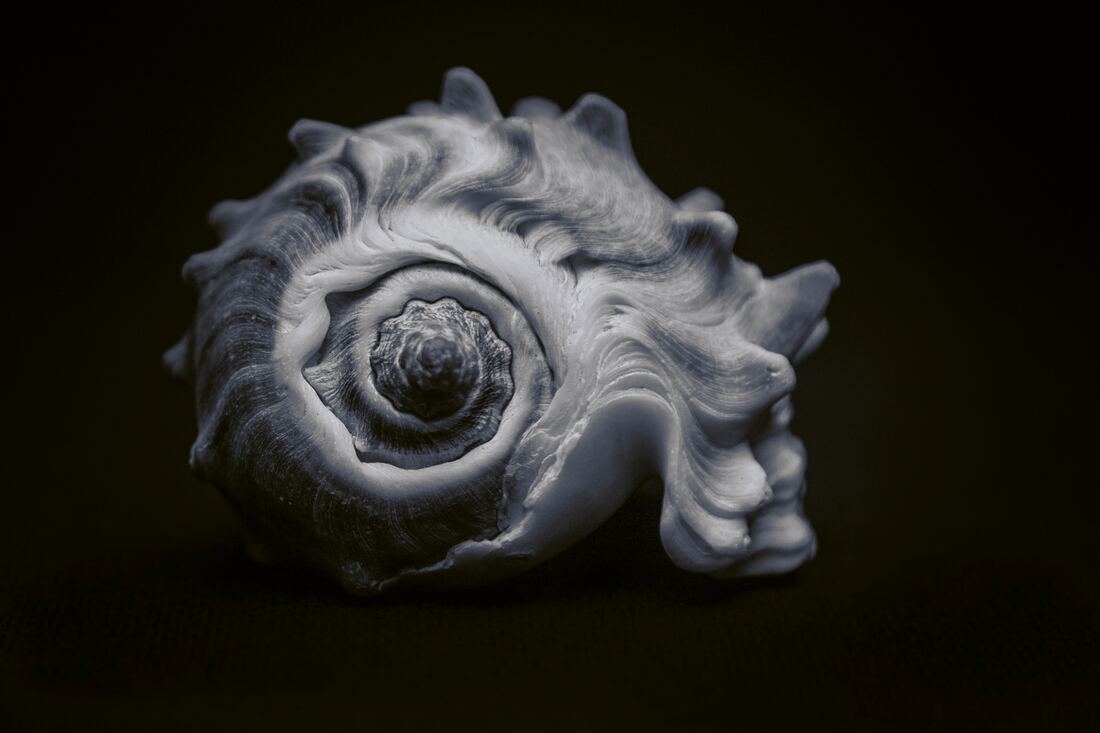 Photo by Brandon Jaramillo on Unsplash seven My feet are small enough to be swallowed by sand when I walk by the tide. We woke at 5:30 when light whispers sunrise. Face swollen like a raft, I shimmy sweatpants over my ankles and put on my polka-dotted blouse. Her ashes are held in an urn that is ornate because she loved ornate things like costume jewelry and impression glass and ceramic figurines. All her life she wanted to swim with the dolphins; feel water smooth against her body. So my uncle waded me into the water and we poured her slow into the waves; our tears dripping to the sea like rain and the water washing us with goodbye. eight My childhood was ruled by water that matted my hair and salted my stomach. No one has ever loved me like the sun on the Chesapeake Bay. Days that left me freckled and flushed for nights stroked with firefly butts. When we were young and violent, we used to rub their luminescence on our clothes and say “we’re glowing.” I liked being dyed different. On Sundays in Sam’s pool, we’d swim until our hair turned chlorine-aquamarine. To shimmer like mermaids, we stretched hair-ties around our ankles and rolled our bodies like fish. Our nails were pink like scales and goggles were glasses that stretched plastic walls into sea-kingdoms. twelve I’m craving ham & cheese sliders on a boat that smells of sunscreen and potato chips. Mayo is a luxury so we eat them dry while my body sinks into plastic chairs and I stare at jellyfish tentacles that remind me of cotton candy. Sand grits my fingernails while I search for sharks' teeth. Brackish water: my fountain of youth. I jump portside to let small waves lap my body. I jump portside to let small waves settle me silent and swallowed. fourteen Canoes crochet through weeds and foam and we become explorers. After eight pm we go braless and smoke wet weed that makes us gum-grin and giggle. We speak in riddles and skinny dip. Our mouths like vaults; each tooth a safe rooted in gums stuck to secrets and saliva. Our tongues lusting to speak half-truths, we avoid lockjaw by gossiping about our first blowjobs and how we can improve. Mascara drips below our eyes and makes us ominous in the dark but we’re too afraid to be barefaced. Wine coolers hidden in sweatshirts, we drink to: Miley Cyrus, summertime, and the flavor of fourteen. sixteen The first time a boy saw me naked was on the water’s edge. Ripples reflected midnight black like the sky and my nipples were hard from June’s breath. I eased in slow and once beside him, he held me bare like that. Our bodies compressed like a whole moon, I kissed his neck while the stars rained silent glitter around us. twenty-three I have been washed in pools and rivers and Atlantic blues. I have been salted and chlorinated and smoothed by riptide. My feet have grown big enough to sprint and I know I am not a mermaid. I am seaweed and river rock and muck of the bay. I am at the beach and a dolphin’s fin breaks the waves so I say hello to my grandmother and let her know my life is ruled by water, so one day I will join her.  Katee's passion for writing and fascination for language has forever guided her path in life. Her work has been published in Colonnades Literary & Art Journal and the Mulberry Literary. Recently, she won the 2022 Harold Taylor Prize for her piece "August's Morning Breath," which can now be read on poets.org. Currently, she is based in the city of Boston while pursuing her MFA in poetry at the University of Massachusetts, Boston. 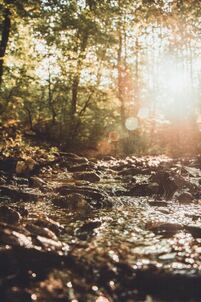 Photo by Joan Oger on Unsplash Photo by Joan Oger on Unsplash The spring nestles beneath old shade trees that edge a farm field. It’s a remote location, but for decades, locals have been parking in the dirt turnoff and filling jugs with the cold, fresh water that runs out of a single pipe and into a shallow stream crowded with daylilies. Our family camp has no plumbing, so every couple of days during vacation, we drive to the spring. When it was my turn to make a water run, I made my teenage son, Sean, come along. Sean had grown over the last year, passing the six foot mark, but he was still the same quiet, gentle kid he’d always been. He brought his Rubik’s cube, and the clicking sound filled the car. Sean’s not much of a talker. When Sean and I pulled up, a car was already parked beside the spring. An elderly woman stood at the back of her car with several plastic gallons of water at her feet. She fumbled with her keys as she opened her trunk. “Go help her,” I said to Sean. He didn't look up from his Rubik's cube, but he nodded. I yanked the crate of empty jugs from the trunk, set them on the ground, and bent down to pick up the loose caps that had fallen. The car door slammed as Sean got out. I glanced up at the sound, and the woman turned. Even from my awkward position, crouched on the ground behind the car, I could see her face. She looked terrified. I looked behind me. A narrow road wound uphill through fields of timothy and daisies, a few roadside trees splashing shade onto the pavement. Cows in a far field chewed contentedly in the sunshine. But the woman wasn’t looking at the farm fields. Her eyes, wide and frightened, were on my son as he walked towards her. Sean’s long dark hair was pulled back with a ragged bandana above scruffy facial hair. He wore a black t-shirt and black pants, neither of which had been washed since we arrived at camp. Sean isn’t a smiley person; even when he was a child, he always looked serious. He is tall and strong, and—I realized suddenly—fairly intimidating. In a flash, I saw the elderly woman's perspective. My sweet, gentle son—the kid who had never even been in a fist fight, who never went fishing because he didn’t like killing things, who helped classmates with their math homework—looked to her like a threat, a menace, a danger. Quickly, I stood up, so that the woman could see me. At the same time, Sean stopped walking and said in his shy way: “Do you need some help?” Relief spread across the woman’s face. Sean lifted the jugs of water, one at a time, and put them gently into her car. The woman, still flustered, said thank you, and she drove away. Sean carried our crate of water jugs over to the pipe that gushed spring water. He picked up an empty jug, rinsed it, and held it under the water. “That woman was afraid of you,” I said. He shrugged. “I get that a lot.” He spoke so softly that I could barely hear his words above the gurgling water. His hair hung into his face as he screwed the top onto the water jug and reached to grab the next empty one. “I hate the stereotypes people have about teenage guys,” I said, loudly. Sean looked up, shaking his hair out of his face. “It's worse for women," he said. "Because they have legit reasons to be scared."  Janine DeBaise has published in essays in numerous magazines, including Orion Magazine, Southwest Review, and The Hopper. Her poetry includes the book Body Language and the chapbook Of a Feather. Her academic writing focuses on environmental and feminist issues. She teaches writing and literature at SUNY ESF in Syracuse, New York. You can find her at www.JanineDeBaise.com My grandson Ben took on the role of healer early on. At 18 months, he saw Daddy fall, turn purple, and briefly die of a v-fib. After Daddy came home from the hospital, Ben regularly took daddy’s blood pressure, listened to his heart, and measured his oxygen saturation. As he became more aware of the imminence of death, Ben became more alchemist/healer than doctor. At four, he had invented reincarnation. At our first get-together, as part of the gradual lifting of restrictions, almost six-year-old Ben told me he had the power to make me young again. He placed his hands on the back of my neck, sang some healing words, and told me, “In three days, you’ll wake up younger." Before seeing Ben again, I got my pandemic hair axed and mowed my beard. When we saw Ben again two weeks later, he looked at me wide-eyed and said, “It worked.” He then started a round-robin conversation about what animals we would each like to come back as in our next lives. Mommy picked a giant tortoise because they live longest. Grammy said a whale. I said I’d spin the wheel. Ben said he plans to be human next time, too. The next afternoon, six of us—Ben and his twin Bella; four-and-a-half-year-old Mikey; Mommy and Daddy; and me Papa with my walking sticks of us—drove to the C&O Canal towpath for a walk. Grammy stayed home, tuckered out from Ben’s efforts to make her young again. The towpath’s surface consisted of small gray stones with mixed-in shell fragments—nearly ideal. Almost immediately, Mikey tore ahead. Mommy laughed, “At least I know where he’s going to be when he stops.” Mikey’s feet ran out from under him. He began crying when he hit the ground. We sped up to see whether he was hurt. Mikey had skinned a knee and there were hints of blood. Mommy picked up Mikey to console him. Ben stepped toward Mommy, placed his cupped hands over Mikey’s knee, and began singing, “Heal up Mikey, heal up Mikey” to the tune of “Tender Shepherd.” Mikey quickly quieted. Ben removed his hands, inspected Mikey’s scrape, and exclaimed, “It stopped bleeding!” Mommy sat Mikey on her shoulders but when he couldn’t sit still, put him back down. No sooner had Mommy put Mikey down than Bella tore ahead with Mikey close behind. As Bella turned to see how far behind Mikey was—a no-no for runners—she tripped and fell. She too had skinned her knee. After inspecting the scene, Ben cupped hands over Bella’s knee and began singing, “Heal up Bella, heal up Bella,” again to the tune of “Tender Shepherd.” Bella rapidly quieted. Nevertheless, Daddy picked up Bella and carried her on his shoulders. When we reached the water pump, Bella wanted down, and Daddy cooperated. Ben pumped consistently until water came. Everyone splashed in it and drank their fill from their cupped hands. We walked the rest of the way to the tunnel. To quash plans in the making, Mommy read aloud a sign, “Do not climb on the stairways on both sides of the tunnel entrance because they get slippery.” The tunnel had no lighting, but it was a bright day, so we could see using the diminishing light behind us. And, at the far end, roughly a mile away, we could see the light at the end of the tunnel. Because the ground surface was uneven, there were inevitable puddles. We turned back when Mommy felt unsafe going further without flashlights. Mikey had already taken off his puddle-wet shoes and socks. Once we reached broad daylight, Mikey began barefooting the towpath while availing himself of every puddle. Bella whimpered, so Daddy restored her position behind his neck. Mikey stopped and complained he hurt his left foot. Mommy found a blister on Mikey’s heel and put him back on her shoulders. I accidentally planted my left walking stick in front of Ben. He didn’t notice, tripped, went down hard, skinned a knee and elbow, and began to cry. Mommy put Mikey down. I said, “Ben, remember, you can heal yourself.” Sitting on the ground, Ben cupped hands over his knee, singing “Heal up Ben, heal up Ben” to the tune of “Tender Shepherd,” stretching “Ben” into two syllables, without tears. Mommy said, “If you’d like, Ben, I can carry you.” Ben shook his head, “Mommy, I got this.”
this will bring you to your knees. A place where there is no language, because to pray is never to speak but to hold your palms open and hope for them to fill with what the world sees fit. And it is never a new tongue, however much you crave it, but sometimes it is the ridge of a collarbone. Slim, curving wrists. On your knees, you keep your eyes closed, and full is not the word you’re looking for, but flood comes close. You lean your head into the warm sway of another’s waist, bent-necked, and kiss the salt from their skin in solemn, methodic rows. They don’t speak, and neither do you, because your tongue is all you have and it has never been enough to explain that if god were a moment, it would be this moment. The one where you’re on your knees, hands flood-ing, heart shivering, head bowed to your lover’s stomach on the floor of their apartment while the oven timer goes off and off and off and neither of you moves to silence it because they’ve reached down, taken your face in their hands, gently pulled you up, deemed your tongue a not-useless thing. Sometimes you destroy what you love. You sign your name on the world around you. You mark it until every flower, its every petal, is stained with your name. The icy pink orchid is patterned with your voice like grainy lines of Morse. The birds wear your colors. You’re the first dawn trembling with red-gold light, the first word spoken inside the first voice, the stars’ slow movement eclipsed by your skin, the moon’s slick pattern of slanted light smearing the earth beneath you. You’re everywhere, and the world is too small for you. You’re everywhere, and you’re grasping onto the one thing you can crawl inside of. You write it down. Everywhere the earth fills up with naming like the cold scent from underneath the cedar limbs. You know each separate color, each tiny part, now that you’ve classified it, given it a tiny heart to beat. Still the earth keeps leaving you behind; it keeps replacing you. You’re buried or eroded by time’s slow sickle. The pattern of cruelty is to give you a creation that also removes you, how memory always repairs. Your efforts to make a deep impression goes unrewarded. The future won’t look at you with the same eyes or won’t look at you at all. Hannah Rodabaugh holds an MA from Miami University and an MFA from Naropa University. She is the author of three chapbooks, including We Don't Bury Our Dead When Our Dead Are Animals, a collection of ecological elegies. Her writing has appeared or is forthcoming in The Indianapolis Review, Berkeley Poetry Review, Camas Magazine, Horse Less Review, K’in Literary Journal, and elsewhere. She’s been an Artist-in-Residence for the Bureau of Land Management and the National Park Service. She teaches English at Boise State University and writing at The Cabin Idaho, Idaho’s only literary center. Her website is: www.hannahrodabaugh.com
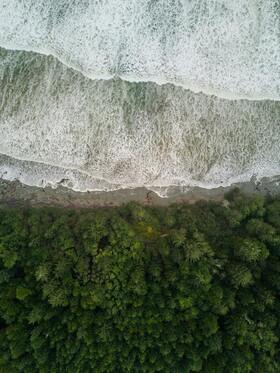 Photo by Lennart Heim on Unsplash Photo by Lennart Heim on Unsplash You straighten your tie. Tap your fingers on your leg, breathing in the scent of basketballs, sweat, and a mix of aerosol antiperspirants. When you step on stage, you still have to remind yourself to feel your feet, look at a point just above their heads, reach into your own chest to gather your voice. You still begin with this seasick belly, after so many years. After all these years the kids are still rocking their chairs back, balancing on two legs. The kids are still chewing gum. The girls still wear their skirts too short and their shirts too low. You have given this talk so many times that, once begun, you only notice half the words. Responsibility. The Reputation of the School. Call their behaviour “appalling” because that word tastes so round and sour. List the recent breaches. It no longer matters if the breaches are recent or not, list them anyway, using your stare to tip those chairs down to four legs, to silence those whispers and to stop those insolent jaws, gum under their tongues. Now you have their attention, turn to Consequences. Your eyes roam the room. There—those girls. The dark haired one with a dragon charm on a string tucked beneath her collar. She flicked her fingers, opened her hand. You have had her in your office three times this week already. Watch. The golden haired girl beside her, feigning attention. Uniform correct, shirt buttoned all the way, skirt of appropriate length. The quiet one. The one called upon when a good influence is required to show a new student around the school. Your speech doesn’t pause as you watch her stealthily tear a page from her book. You allow her to fold it, using her nails to form sharp, precise creases. You wait. You watch her hand reach across, into the dark-haired girl’s lap, linger just moments too long. That precise moment when hand on hand enfolds that paper—crack her name like a whip from your mouth. She jumps, blushes, panic across her face. Name the dark-haired one, too, call both forward for public reprimand. One saunters, one creeps. One glares back defiant as you rant, the other stares at your shoes. See how close they stand. Sometimes as they fidget the backs of their hands touch. Demand that crisply folded paper. Unseal it. Two hands have written—you have your proof, your weapon. Return the note with a demand: Read. Read it aloud. Before the whole school. Now. Read your confession of love, your intimate betrayal, your plans to crash the weekend party. Read. Golden-hair first. You hand back the paper—too late, notice her hand grasp the other girl’s as they turn. Too late notice her chin rise and her feet turn roots. Too late notice they smile, the energy surging, not from one to the other but summoned by both-- A deep inhale. Parted lips and eyes that rest closed, then-- dust motes dance in sunlight, turn to fairies that war for gossamer thrones, chalk dust deserts quenched by teardrop rains flow rivers pigmented, pink, blue, yellow, acorns thrown in gutters sprout, root, crack open these halls and the crows that feast on lunch scraps gather to sing… Your hand is at your tie, rocking it loose. You cannot breathe and swallow this magic, you cannot speak to stop them. Dark-hair takes the page, grips her charm, reads: and the forest is filled with bears and fish that climb out of the stream and sing, mushrooms rise from the rich, dark loam bearing gifts for the butterfly king, a storm arises, raining stardust and snowflakes that catch in the canopy… They pause, breathe. Only then do you notice the sobs of weeping schoolboys. You have melted to your knees, your tie discarded. and the sea carves mermaids and kelpies from rock, and driftwood forms bones and seaweed makes flesh, these scarecrows make fire and dance with the tide-- You have kicked off your shoes, you notice now your mismatched socks, your sleeves rolled askew, you notice yourself swoon… still they go on: silver gulls cry: your sadness, your sadness-- summon you inward, call your soul deep… Your mismatched socks, your abandoned tie. Your jacket strangely scented with salt. Your flesh surrendered to a faraway sea. 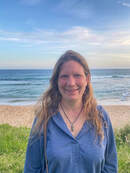 Kathryn Reese lives in Adelaide, South Australia. She works in medical science. Her writing explores themes of nature, spirituality, myth and the possibility of shape shift. Her poems are published in Neoperennial Press Heroines Anthology, Hayden’s Ferry Review and Yellow Arrow Journal. |
FLASH GLASS: A MONTHLY PUBLICATION OF FLASH FICTION, PROSE POETRY, & MICRO ESSAYSCOVER IMAGE:
|
|
Glassworks is a publication of Rowan University's Master of Arts in Writing 260 Victoria Street • Glassboro, New Jersey 08028 [email protected] |
All Content on this Site (c) 2024 Glassworks
|


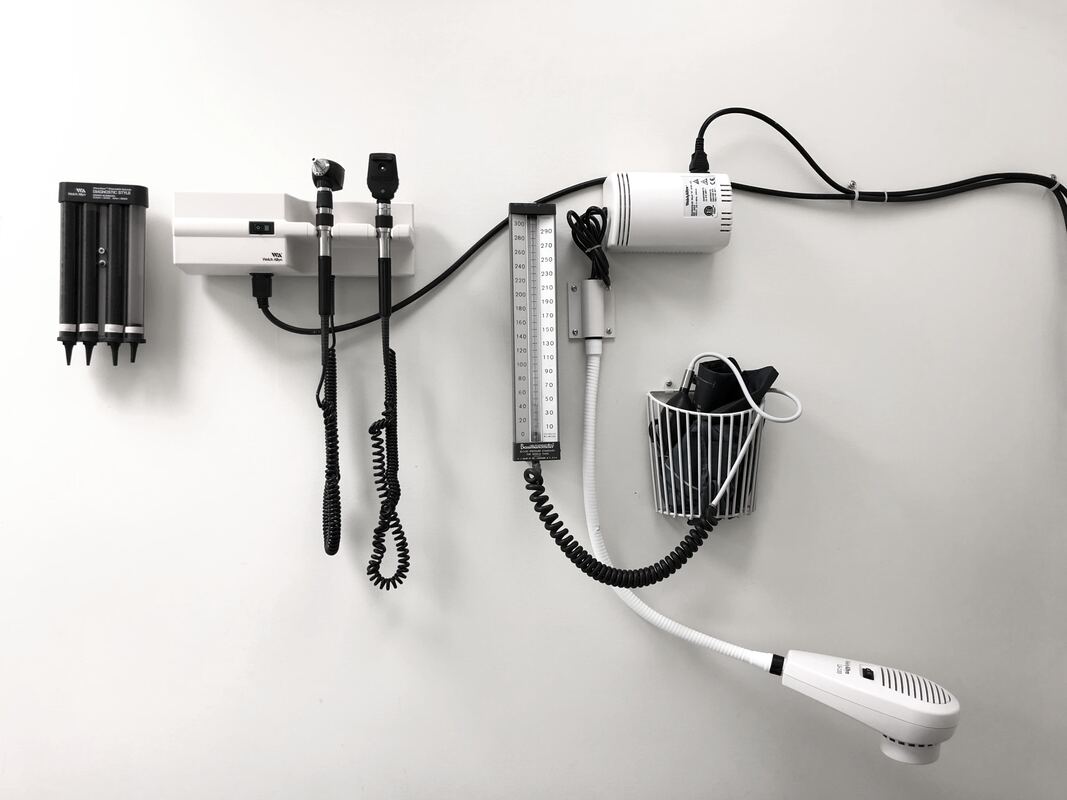
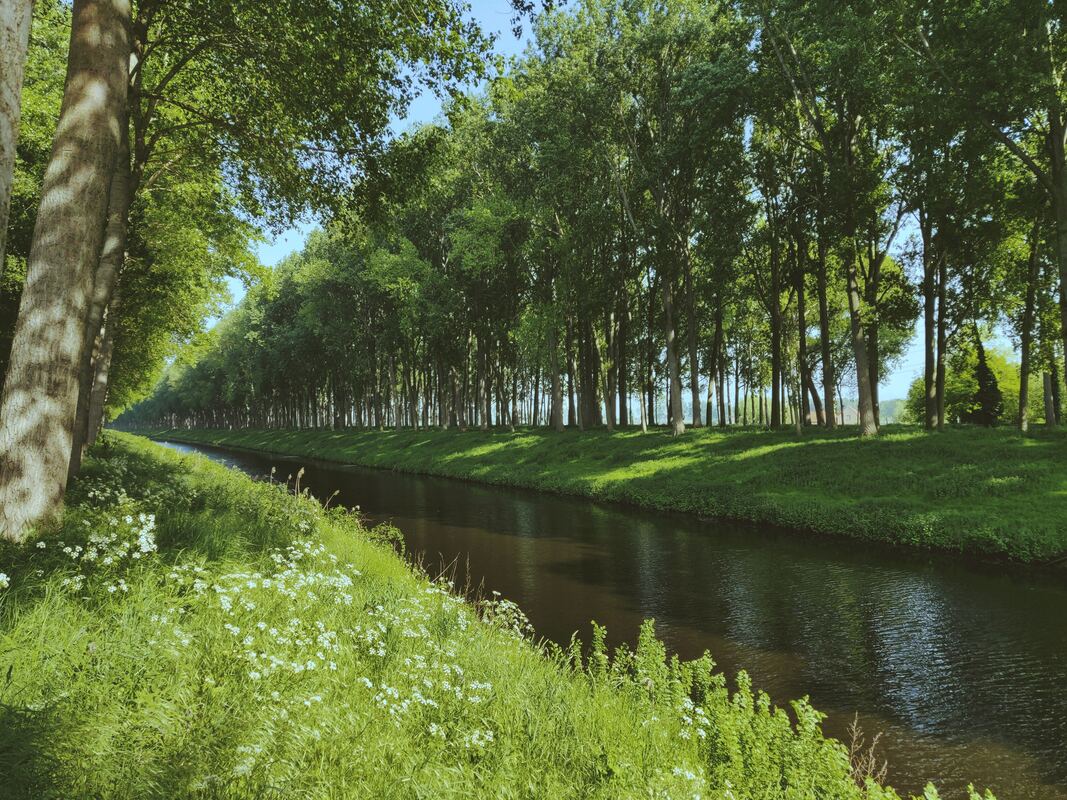


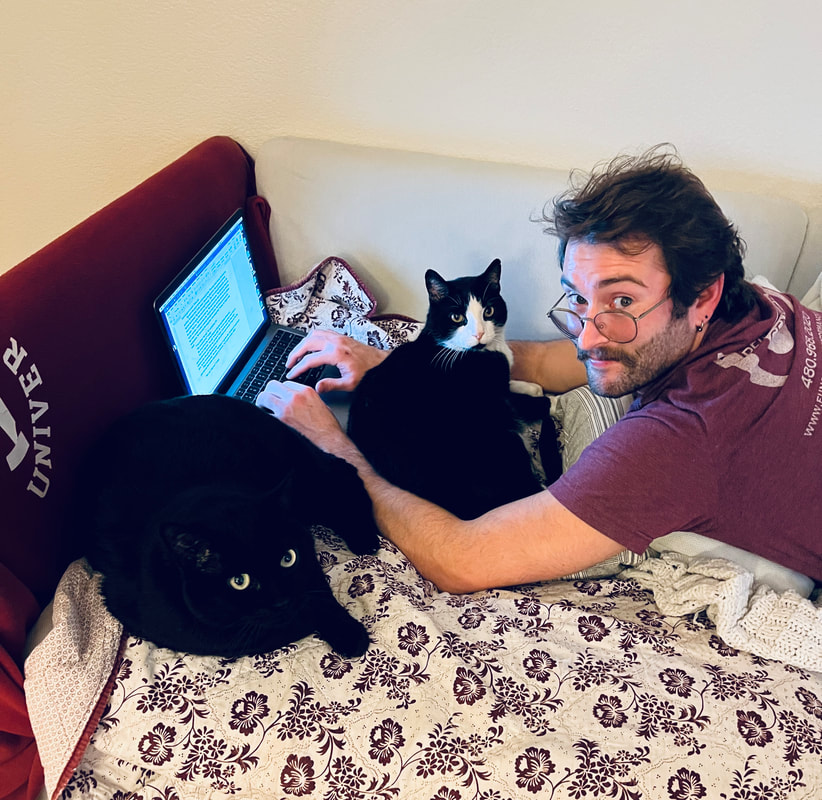
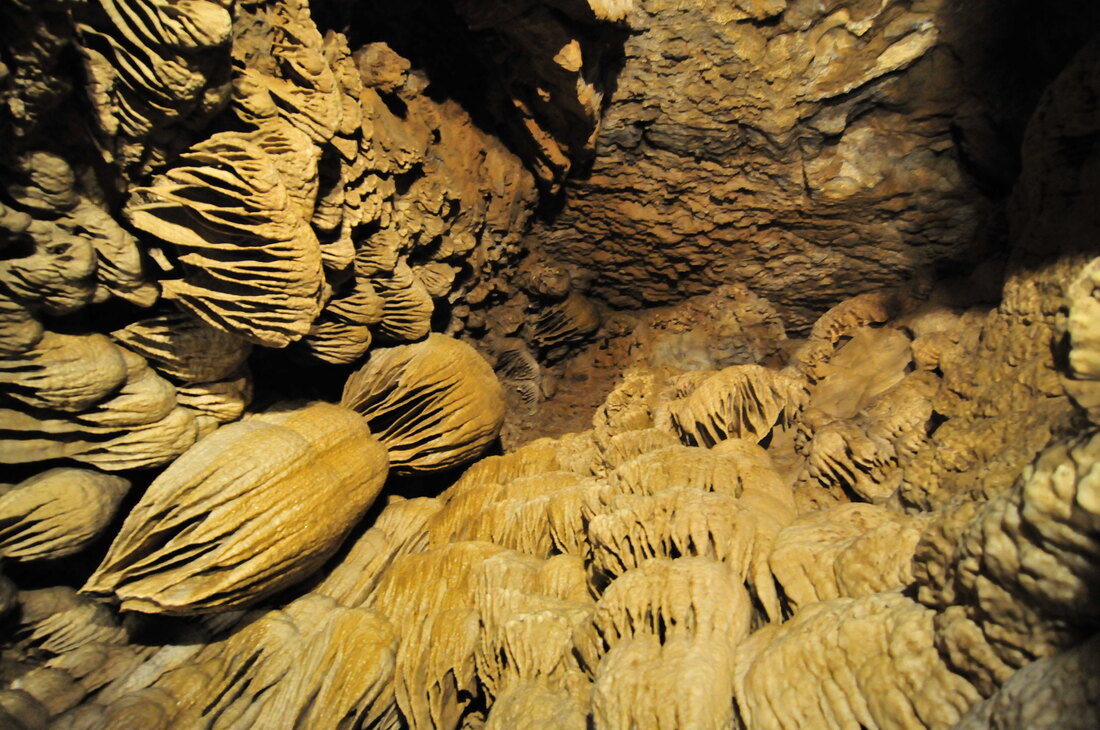
 RSS Feed
RSS Feed
